Image captionThe palace of Knossos on Crete is now a major tourist attraction
Europe's first advanced civilisation was local in origin and not imported from elsewhere, a study says.
Analysis of DNA from ancient remains on the Greek island of Crete suggests the Minoans were indigenous Europeans, shedding new light on a debate over the provenance of this ancient culture.
Scholars have variously argued the Bronze Age civilisation arrived from Africa, Anatolia or the Middle East.

Details appear in
Nature Communications journal.
The concept of the Minoan civilisation was first developed by Sir Arthur Evans, the British archaeologist who unearthed the Bronze Age palace of Knossos on Crete.
Evans named the people who built these cities after the legendary King Minos who, according to tradition, ordered the construction of a labyrinth on Crete to hold the mythical half-man, half-bull creature known as the minotaur.
Evans was of the opinion that the real-life Bronze Age culture on Crete must have its origins elsewhere.
And so, he suggested that the Minoans were refugees from Egypt's Nile delta, fleeing the region's conquest by a southern king some 5,000 years ago. ( sounds plausible)
Surprisingly advanced
sounds plausible)
Surprisingly advanced
"He was surprised to find this advanced civilisation on Crete," said co-author George Stamatoyannopoulos, from the University of Washington in Seattle, US.
The evidence for this idea included apparent similarities between Egyptian and Minoan art and resemblances between circular tombs built by the early inhabitants of southern Crete and those built by ancient Libyans.
But other archaeologists have argued for origins in Palestine, Syria, or Anatolia.
In this study, Prof Stamatoyannopoulos and colleagues analysed the DNA of 37 individuals buried in a cave on the Lassithi plateau in the island's east. The majority of the burials are thought to date to the middle of the Minoan period - around 3,700 years ago.
The analysis focused on mitochondrial DNA (mtDNA) extracted from the teeth of the skeletons, This type of DNA is stored in the cell's "batteries" and is passed down, more or less unchanged, from mother to child.
They then compared the frequencies of distinct mtDNA lineages, known as "haplogroups", in this ancient Minoan set with similar data for 135 other populations, including ancient samples from Europe and Anatolia as well as modern peoples.
The comparison seemed to rule out an origin for the Minoans in North Africa: the ancient Cretans showed little genetic similarity to Libyans, Egyptians or the Sudanese. They were also genetically distant from populations in the Arabian Peninsula, including Saudis, and Yemenis.
Locally sourced
The ancient Minoan DNA was most similar to populations from western and northern Europe. The population showed particular genetic affinities with Bronze Age populations from Sardinia and Iberia and Neolithic samples from Scandinavia and France.

They also resembled people who live on the Lassithi Plateau today, a population that has
previously attracted attention from geneticists.
The authors therefore conclude that the Minoan civilisation was a local development, originated by inhabitants who probably reached the island around 9,000 years ago, in Neolithic times.
"There has been all this controversy over the years. We have shown how the analysis of DNA can help archaeologists and historians put things straight," Prof Stamatoyannopoulos told BBC News.
"
The Minoans are Europeans and are also related to present-day Cretans - on the maternal side."
He added: "It's obvious that there was very important local development. But it is clear that, for example, in the art, there were influences from other peoples. So we need to see the Mediterranean as a pool, not as a group of isolated nations."
"There is evidence of cultural influence from Egypt to the Minoans and going the other way."
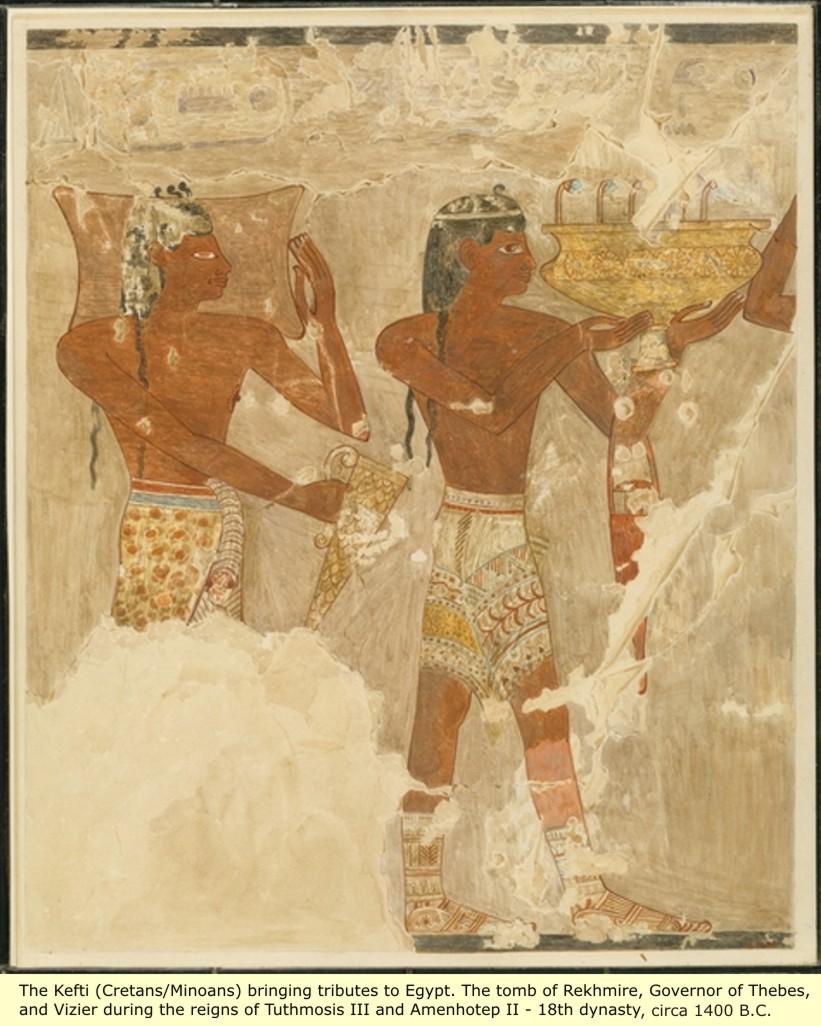

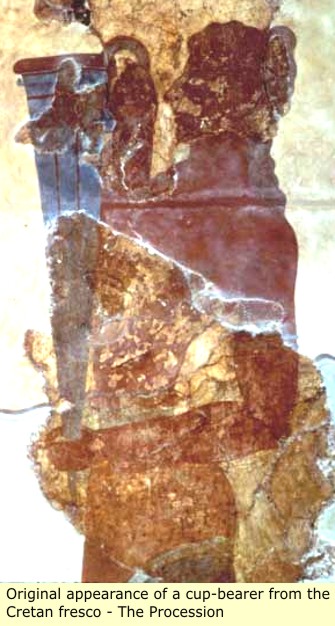
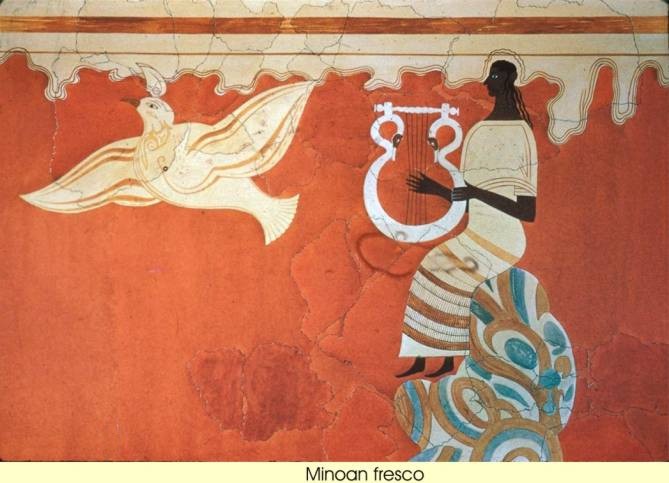
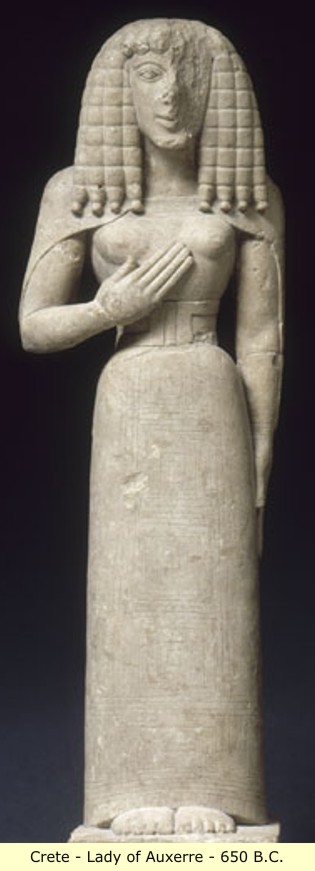
















 don't hide what God gave you girl, here, try this on
don't hide what God gave you girl, here, try this on  "
"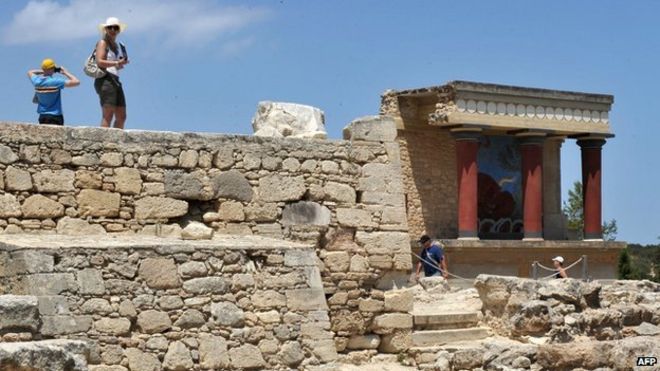
 sounds plausible)
sounds plausible)
 we got brehs walking from Norway and crossing the Mediterranean
we got brehs walking from Norway and crossing the Mediterranean 

